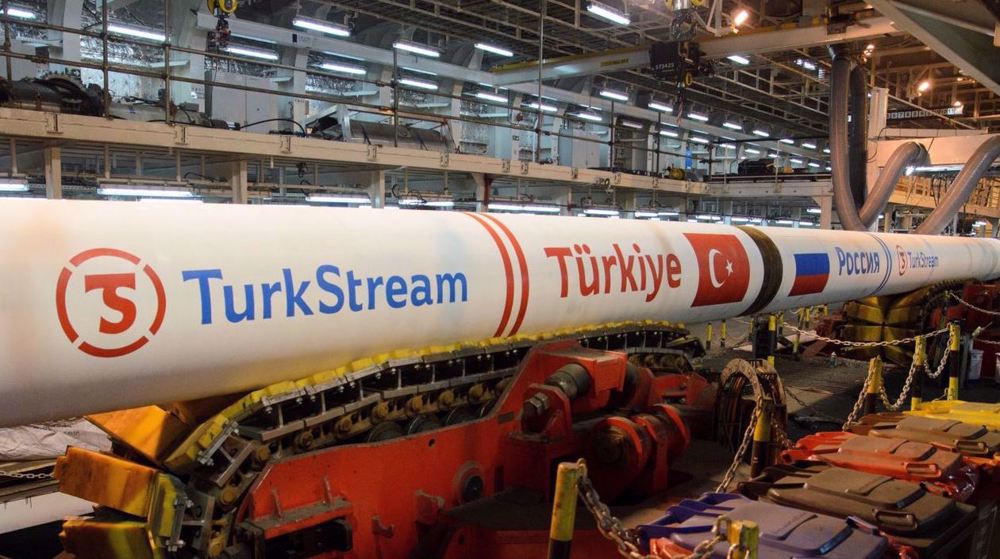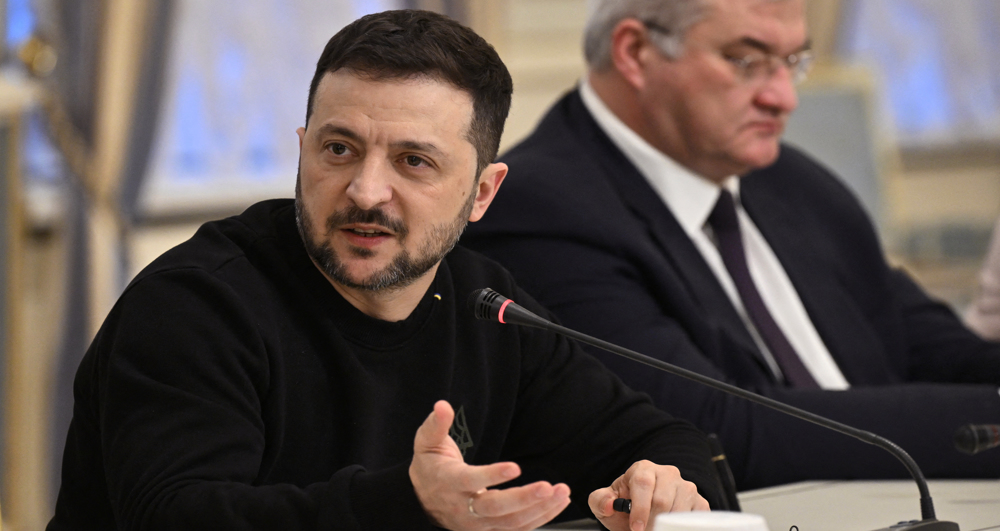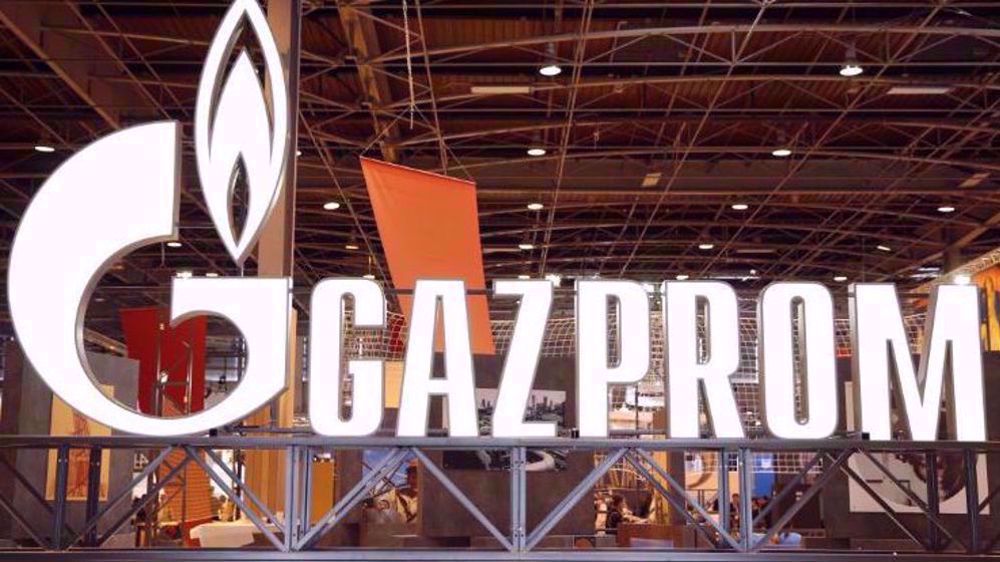Russia threatens to exit space station unless US lifts sanctions on space sector
Russia has threatened to withdraw from the International Space Station (ISS) in 2025 unless the United States removes sanctions against the country’s space sector.
Dmitry Rogozin, the head of Russia's space agency Roscosmos, made the threat as he was addressing the State Duma — the lower chamber of the Russian parliament — in Moscow on Monday, saying the restrictive measures imposed by successive US administrations on Russian space contractors had hampered the country’s satellite launches.
Rogozin said Moscow was struggling to launch some of its satellites due to US sanctions, stressing that Russia could not import certain microchip sets needed for its space program.
"We have more than enough rockets, but nothing to launch them with," Rogozin said, adding, "We have spacecraft that are nearly assembled but they lack one specific microchip set and we have no way of purchasing because of the sanctions."
Rogozin, who himself is under American and European sanctions, said Russia could quit the ISS in 2025 if Washington declined to lift the sanctions against Russian space industry enterprises.
"This is in the hands of our American partners," he added.
Launched in 1998, the ISS is a multinational project and comprises two segments, a Russian one and another one used by the United States and other space agencies.
Late last year, the US commerce department added Roscosmos affiliates, TsNIImash and RSC Progress to a list of firms that require special licenses to purchase goods with military applications.
Rogozin's remarks came ahead of a summit in Geneva later this month between Russian President Vladimir Putin and his US counterpart Joe Biden.
Bilateral relations between Moscow and Washington have been in a free fall since 2014 when the Black Sea peninsula of Crimea rejoined Russia following a referendum. More than 90 percent of participants in the referendum voted in favor of unification. The US, the European Union, and Ukraine claim that Russia has annexed the region. Moscow rejects the allegation.
Over the past six years, the US has imposed waves of sanctions against Russia, including over alleged meddling in its 2016 presidential election and the recent jailing of opposition figure Alexei Navalny.
Relations between the two Cold War foes hit a new low in March after Biden said in an interview that he believed Putin was a "killer" and that the Russian president would have to "pay a price" for interference in the US presidential election.
More recently, tensions have escalated between the two sides over the Russian-speaking Donbass region of Ukraine, where Ukrainian troops and pro-Russia forces have been fighting since 2014.
Kiev and its Western allies accuse Moscow of having a hand in the crisis. Moscow, however, denies the allegations.
Pezeshkian: Iran determined to develop, boost ties with neighbors
VIDEO | Israel, Hamas ceasefire agreement: Closer than ever
VIDEO | Gaza ceasefire to be put in place under resistance conditions
Hot water and sewage: Palestinians share harrowing tales of torture in Israeli prisons
VIDEO | Thousands evacuated in Ethiopia amid earthquakes, volcanic eruption fears
Revealed: Israeli ministers eye restoration of illegal settlements in Gaza through genocide
How Los Angeles’ pistachio tycoons facilitated and profited from wildfires
Iraqi PM: Iran was in Syria to fight terrorism; presence requested by Damascus











 This makes it easy to access the Press TV website
This makes it easy to access the Press TV website